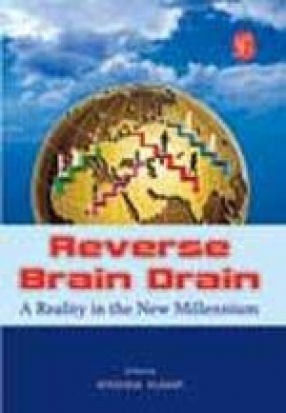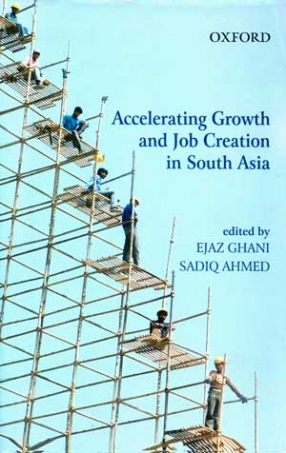Reverse brain drain refers to the process wherein human capital moves in reverse gear from an advanced country in the Western hemisphere to a Third-World developing nation that is on the threshold of rapid economic growth. This process transpires when scientists, engineers, technologists and others from the Third-World migrate to comparatively well-developed nations to learn in their universities, undertake research and gain valuable work experience unavailable in their mother countries, then return home after several years of stay abroad to set up a related business or teach in a university or work for a multinational in their respective homelands. In the present global competitive environment, the reverse brain drain from the West will be of vital importance to developing countries. Communities of such foreign trained and educated scientists or engineers can not only set up production units and development centres on their native soil but also provide the skill and know-how required to help local firms shift to higher grades of performance and achievement. The book attempts to give a clear picture on the current scenario of the reverse brain drain in the first decade of the new millennium. It provides an insight into the causes of the brain drain reversal and the roles played by governments, expatriates and immigrants. In the current backdrop of the developing economies in the world today, this book also analyses the strategies required to make the homecoming convenient and lucrative for the returnees whose numbers seem to be increasing day by day.
Reverse Brain Drain: A Reality in the New Millennium
In stock
Free & Quick Delivery Worldwide
Bibliographic information
Title
Reverse Brain Drain: A Reality in the New Millennium
Author
Edition
1st ed.
Publisher
ISBN
9788131419441
Length
240p.
Subjects








There are no reviews yet.